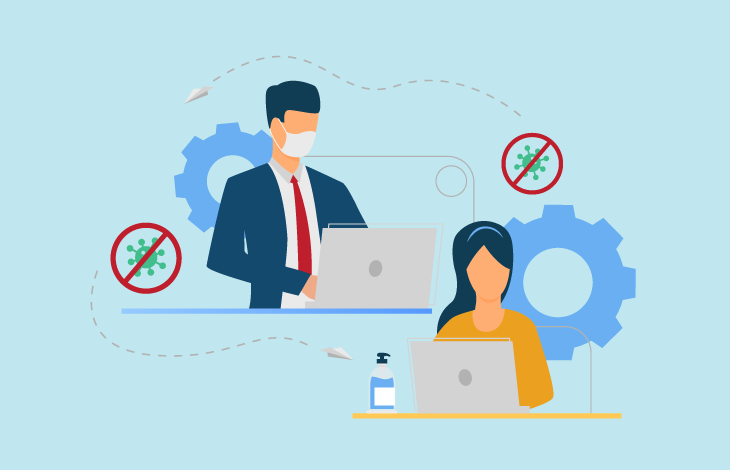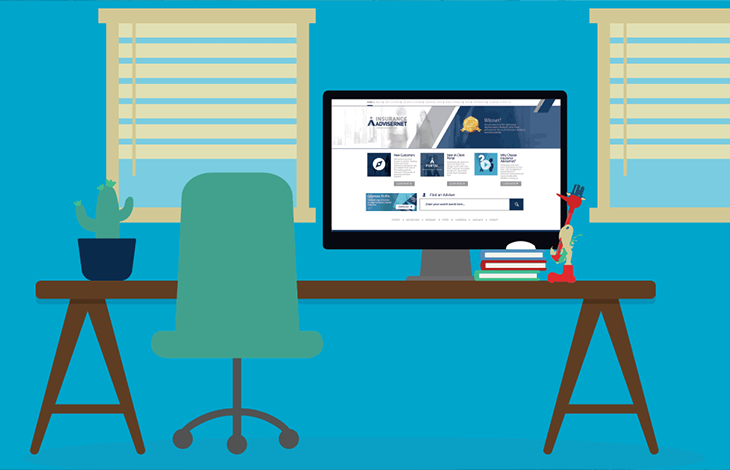Contract Works Insurance
What is Contract Works Insurance?
Contracts Works Insurance has two key sections: the first provides cover for physical loss or damage to the works, and the second covers personal injury or damage to a third party's property. It can also cover tools and equipment owned by the business on and off-site.
This insurance typically covers contractors throughout the job cycle, from preparation at the workshop to on-site construction, then maintenance, testing and commissioning.
Contract Works Insurance can easily be customised to each contractor’s individual needs – from civil, commercial, new building or refurbishment to individual trades such as electrical, plumbing or formwork.
Why is Contract Works Insurance important?
Contract Works Insurance is a package of insurance covers designed specifically for builders and contractors of any size. This insurance can help contractors financially survive if there is an accident or some type of damage to the works during construction, someone is injured, or valuable plant and equipment is lost or damaged.
Contract Works Insurance is an invaluable way to transfer your larger financial risks to an insurer for a fixed premium, and so minimise your risk. Many head contractors and principals also require builders to have this insurance in place.
What does Contract Works Insurance cover?
Material Loss or Damage - provides cover for physical loss or damage to:
• works under construction;
• materials to be incorporated into the project, either at the site or stored off-site;
• temporary structures
• principal’s existing buildings.
Public and Products Liability - provides cover for injuries to other contractors working on the site during the construction (public liability), as well as damage to property which was built or completed once they have left the site (your product). For example, if support for a wall was not built correctly, and the wall collapses a year after the work is finished, then damage to the wall would be covered.
Plant & Equipment – provides cover for loss, damage or theft of your construction plant, tools and equipment.
What doesn't it cover?
While Contract Works Insurance is designed to cover loss, damage and accidents, like any insurance policy they will contain exclusions – such as faulty workmanship, materials or design, or any asbestos-related losses.
So, in the above example with the wall, the cost to rebuild the faulty support would not be insured, only the resulting damage to the wall and clean-up costs. However, if anyone was injured or the surrounding property was damaged, your insurer will pay for these costs and any legal expenses.
Speak to an insurance expert
Policy wordings and cover differ from insurer to insurer, so it’s important to talk to your insurance adviser.
At Insurance Advisernet, your insurance adviser is a qualified professional and will discuss your business objectives, goals and financial situation to create a risk profile. This will form the basis of their recommendation for the type and amount of insurance and excess so you can make a fully informed decision on your risks and insurance.
Frequently Asked Questions
● What is construction insurance?
Contract Works Insurance, also known as Construction Insurance, is part of a package of insurance designed specifically for builders and contractors of any size. It covers material loss or damage to the works under construction, materials to be incorporated into the project, and temporary structures.
The policy usually also covers the builders' or contractors’ tools, plant and equipment against accidental loss, damage or theft.
● What is public liability insurance?
Public & Products Liability Insurance for builders provides cover for injuries to other contractors working on the site during the construction (public liability), as well as damage to property which was built or completed once they have left the site.
● Does a builder need contract works insurance?
This type of insurance package is standard for the building and construction industry. Many head contractors, principals and financiers require this Contract Works Insurance to be in place before starting on-site.
This insurance is specifically designed to limit your financial risk relating to personal injury, accidental loss or damage happening on-site. You can also be insured for loss or damage caused by your contractors or subcontractors while working at the site. In addition, once you leave the site, personal injury or property damage arising from the completed works are also covered.
● How much does contract works insurance cost?
The cost of taking out Contract Works Insurance varies depending on:
- the type of work
- whether it is on or near water
- if it involves plumbing, roofing, or a high-rise building
- prior claims
- length of the project
- defects liability period
- total sum insured
- if it is a one-off project or the building is doing these throughout the year.
Your Insurance Advisernet adviser is a specialist in construction insurance and can work with you to assess your risks and recommend the best solutions, including any insurance cover.




